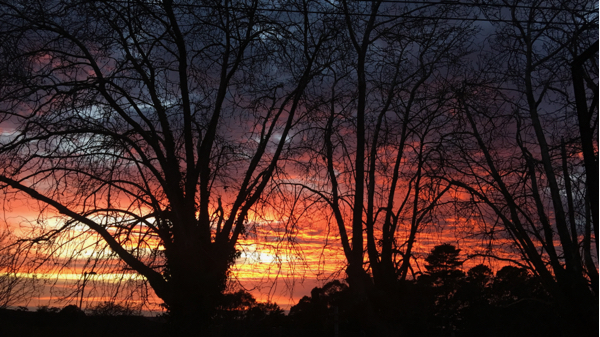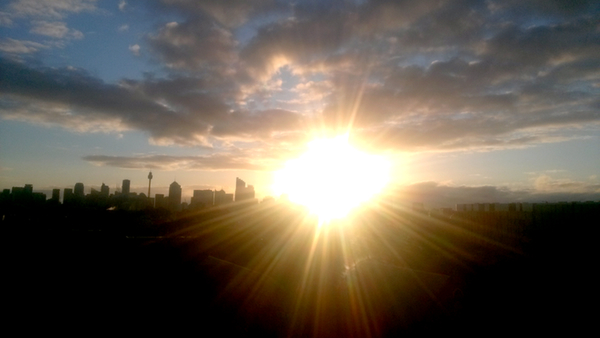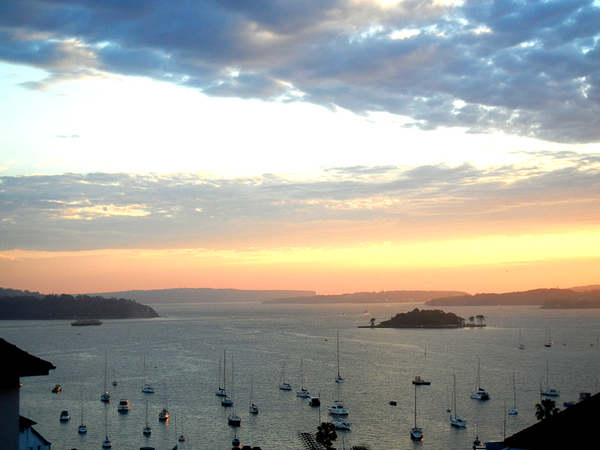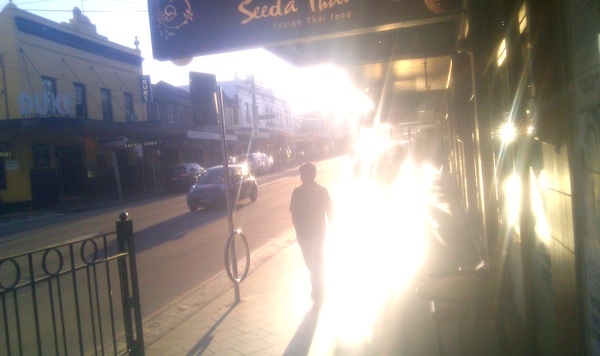 This Weekly Wrap covers six weeks, Monday 24 July to Sunday 3 September 2017, because it was a Bad Time. Quite a bad time, clearly. But let’s focus on the good bits.
This Weekly Wrap covers six weeks, Monday 24 July to Sunday 3 September 2017, because it was a Bad Time. Quite a bad time, clearly. But let’s focus on the good bits.
Articles
- Australia’s inside-out digital health strategy, ZDNet Australia, 7 August 2017.
- Cybercrime in China is the same, but different, ZDNet Australia, 10 August 2017.
- Australia to try taming unruly cyber words, ZDNet Australia, 14 August 2017.
- Australian businesses targeted in Cisco switch and router attacks: ACSC, ZDNet Australia, 17 August 2017.
- Gartner sets fire to all the cyber things, ZDNet Australia, 21 August 2017.
- The IoT-based threat of Cyber Chocolatocalypse, and worse, ZDNet Australia, 22 August 2017.
Podcasts
None, but I’ll announce my latest alleged plans in the next few days. Heh. Yeah, right.
Media Appearances
- On Monday 24 July, I spoke about exploding batteries on ABC Melbourne.
- On Wednesday 16 August, I speculated about Australia’s new cyberwar unit on ABC Adelaide.
- On Tuesday 22 August, I spoke about a bunch of things on ABC Melbourne.
I probably won’t get around to posting the audio from these, but we’ll see.
Corporate Largesse
- My flights from Sydney to Canberra and return on 11–12 August were provided by Australian consulting firm IBRS.
- There was plenty of free food and drink at the Gartner Security & Risk Management Summit on 21–22 August, as well as vendor swag. Crowdstrike: Branded webcam privacy covers. Cylance: Branded USB-to-various recharge cable. Thales: A branded lens kit for mobile devices, with macro and fisheye lenses; another of the excellent Thales pens. Trustwave: One of those credit card sized multi-purpose tools.
The Week Ahead
All I’ll say for now is that I’ll definitely be down in Sydney on Thursday for a couple of medical things. The rest I’ll make up as I go along. As always, watch for the details on Twitter.
Further Ahead
Events I’m covering or speaking at include:
- SINET61 on 26 to 27 September.
- I’m speaking at Digital Manipulation of Democracy, part of the Victorian Fabians’ Spring Series of events on “Digitisation and Democracy”, on 27 September in Melbourne.
- The iappANZ Summit 2017 on 3 October.
- The Australian Information Security Association (AISA) in Sydney from 10 to 12 October.
- Ruxcon in Melbourne on 21 to 22 October.
If there’s anything I should add in there, please let me know.
[Photo: Dawn at Wentworth Falls, looking east from Wentworth Falls railway station on the chilly morning of 21 August 2017.]



